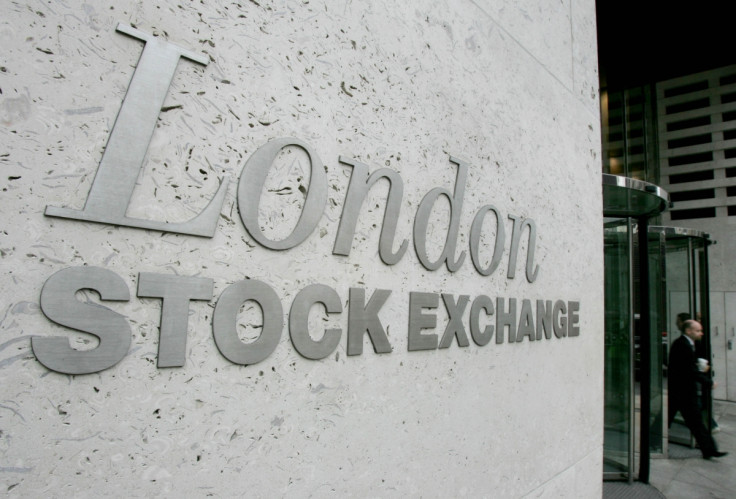Bargain hunters stem UK stock market decline
London market saw calmer trading as housebuilders and REITs bounced back on growing evidence of foreign investors sizing up bargain buys.

London indices rose as investors, many of them overseas money managers, piled in to seek bargain buys following the recent equities sell-off and a slump in the value of the pound.
At 1.52pm BST on Tuesday (28 June), the blue-chip FTSE 100 index was up 2.84% or 119 points at 6,151.98, while the domestically focused FTSE 250 was 3.25% or 487.09 points higher at 15,454.95, partially clawing back ground lost in the wake of the Brexit vote.
Housebuilders, commercial real estate shares and investment trusts, which bore the brunt of recent sell-offs, rode the recovery.
FTSE 100-listed Land Securities Group was up 8.85% or 80.50p at 990.50p, while FTSE 250 listed TR Property Investment Trust was 8.94% or 21.60 points higher at 263.30p.
Venture capital investor for UK technology companies IP Group, up 14.12% or 17p at 137.40p, was the biggest gainer of the day, as precious metal stocks such as Fresnillo (-4.59%) and Randgold Resources (-4.59%) shed some of their safe-haven sentiment induced gains from previous sessions.
While the pound recovered versus the dollar by 1.25% to $1.3390 at 2.04pm BST, the British currency remains at levels last seen in 1985, making the valuation of UK-listed stocks very attractive for overseas investors.
City traders report to IBTimes UK growing interest from US bargain seekers; a realisation of advice offered by several money managers to invest in UK stocks in the event of a Brexit ahead of the 23 June referendum.
Richard Hunter, head of research, Wilson King Investment Management, said: "Even on Monday (27 June), at the height of the panic, we got a feeling that the sell-off had been somewhat overdone. Our clients are mainly in blue chips and have been sitting tight."
With prudent domestic investors holding firm, Hunter suspects international investors are sizing up opportunities. In fact, some overseas investment advisers are actively inviting clients to "buy into the volatility".
In a note to his clients, Bank of America Merrill Lynch's chief investment strategist Michael Hartnett, wrote: "The Brexit vote was a shock to Wall Street because an electorate in a country with no economic or financial crisis voted to dramatically change its political status quo. This partly reflects the fact that economic recovery in recent years has been (a) deflationary and (b) unequal. Wall Street has prospered; Main Street has not."
Hartnett is advising clients to go "long", i.e. place bets on the price going up, on "Main Street" plays, including supermarkets, bulk retailers and regional banks, and go "short", i.e. place bets that the price will fall, on Wall Street plays such as luxury retailers.
He concluded that a barbell of gold and yield plays, including staple food companies, utilities and real estate investment trusts, will outperform "until investors see redemption pressures stabilise and contagion risks contained."
© Copyright IBTimes 2025. All rights reserved.




















